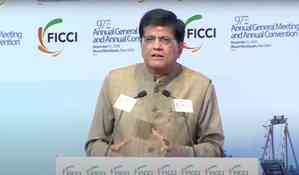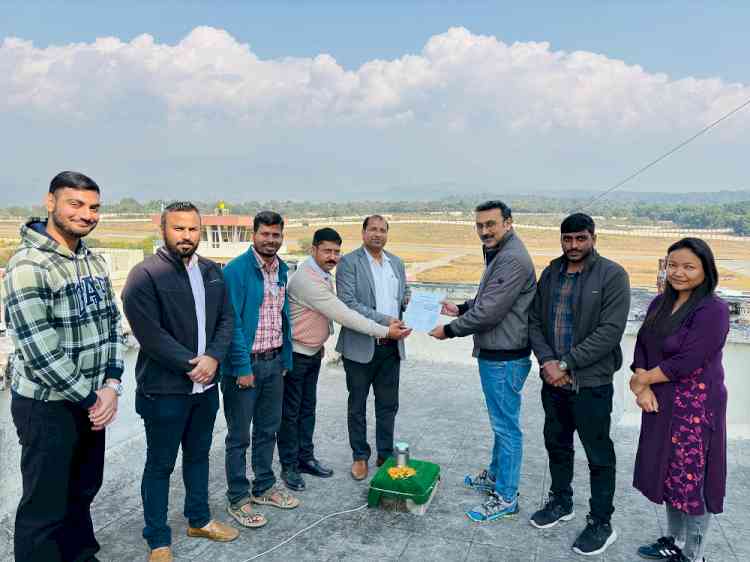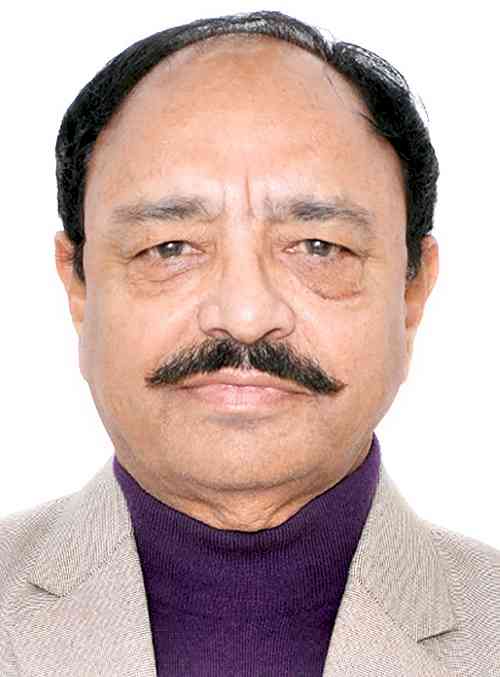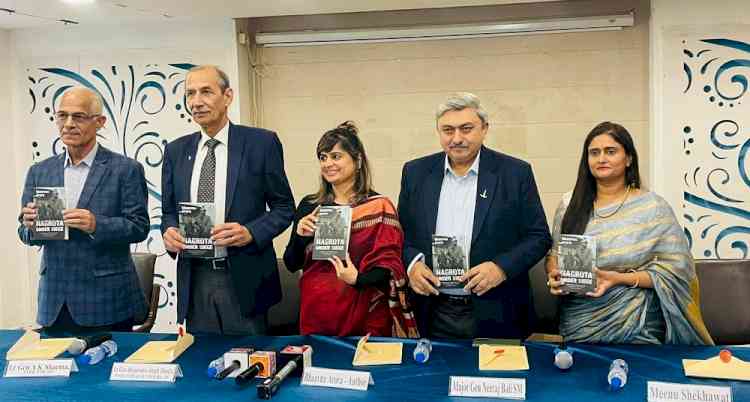PAU VC asks extension scientists to gird up loins for insect-pest management in kharif crops
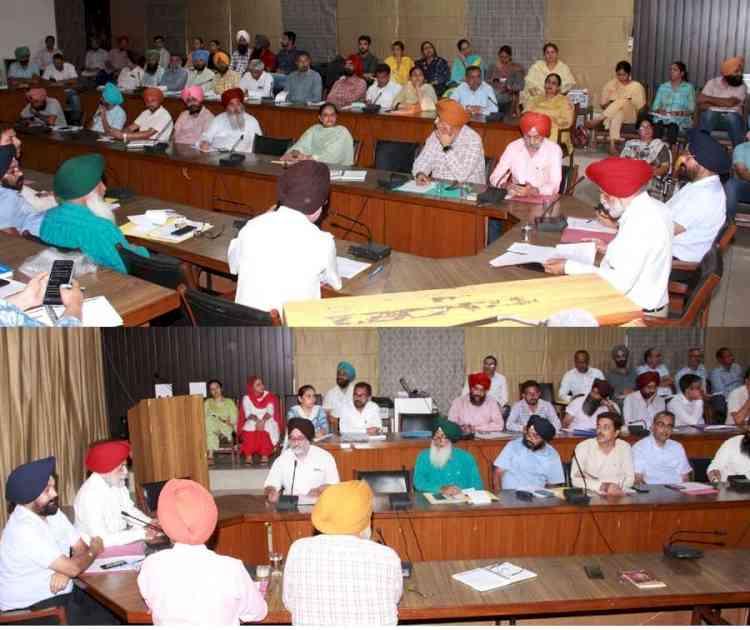
Ludhiana, July 6, 2023: Taking a stock of research and extension programmes, Dr Satbir Singh Gosal, Vice-Chancellor, Punjab Agricultural University (PAU), called upon the scientists to gird up their loins to combat the agri-challenges emerging in terms of incidence of insects-pests and diseases in kharif crops.
Laying a strong emphasis on managing pink bollworm infestation in early sown cotton crop, Dr Gosal urged for distributing Pheromone traps free of cost to the needy farmers for the surveillance of pink bollworm in cotton. Citing PAU’s survey report, he disclosed: “The incidence of pink bollworm was mainly recorded in early cotton crop sown after mustard (60-80 days old) and its incidence varied from 0 to 30 per cent. While the incidence of sucking insect-pests like whitefly, jassid and thrips was well below the economic threshold level.”
Further, Dr Gosal said that a special effort has been made to discourage the cultivation of water-gulping Pusa 44 in districts like Moga, Patiala, Sangrur, Mansa, etc. and encourage the cultivation of less water consuming PR 126 instead.
Water saving techniques like microirrigation, alternate wetting and drying, and reduced plot size during paddy transplanting were also being demonstrated in technology parks by Krishi Vigyan Kendras of Pathankot, Patiala, Sri Muktsar Sahib, Mansa, Ropar, Samrala, Sangrur and Fatehgarh Sahib, he informed.
In addition, regular awareness camps to educate the farmers regarding the detection of the incidence of stunting virus in rice, resulting in dwarf plants, were being organised across Punjab. Farmers have also been made aware of the seed treatment in paddy with sprint 75WS (24 gm/acre) for the control of foot rot in basmati, he told.
Dr AS Dhatt, Director of Research, revealed that the yield of PBW 826 variety of wheat was excellent and therefore, it was decided that farmers should be advised to store wheat seed for the next season as it was difficult to meet the increasing demand of the seed by the University.
Referring to the feedback received from the farmers of Punjab, Dr GS Buttar, Director of Extension Education, informed that some farmers reported the problem of "Krund" (crusting) lesser in broadcast sown direct seeded rice as compared to drill sown. In addition, they called for making recommendations to tackle the problem of Saccharum spontaneum weed (Baru) in sugarcane; developing white coloured soybean variety due to its more acceptability among the consumers; evolving pure soybean snack recipes without the use of maida; and developing Bonsai plants for sale and research, he added.
Regular visits by B.Sc. Agriculture students; holding of TV talks and Facebook Live Programme; distribution of literature as well as pamphlets and e-pamphlets on WhatsApp and Facebook page; meetings with the farmers and timely issuance of advisories; holding of awareness camps and field demonstrations; were some of the immediate steps taken by the University to mitigate the effects of insects-pests in various crops.


 City Air News
City Air News 



